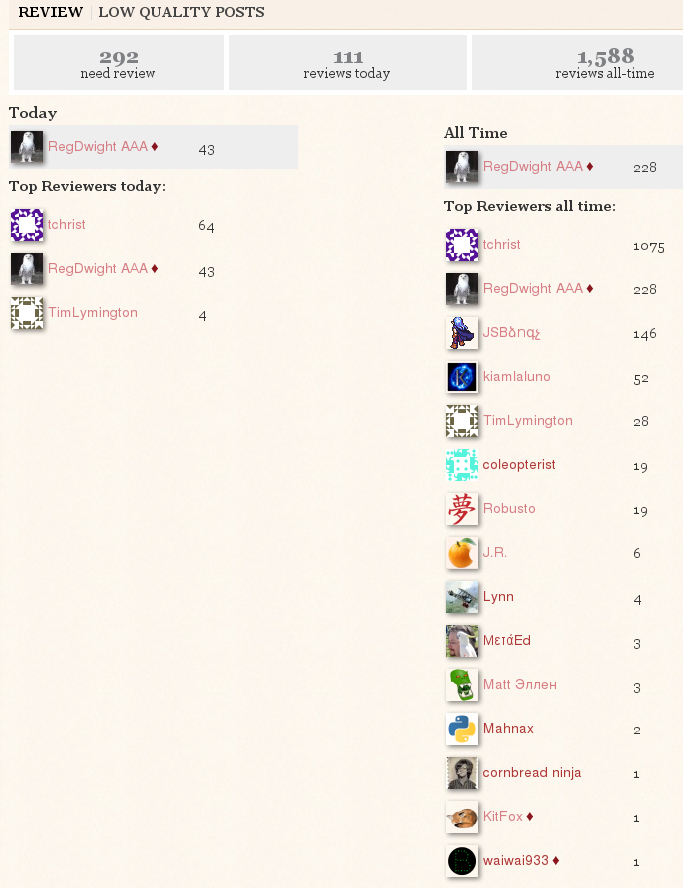Reviewing is certainly harder than voting.
Well, I don't think so.
Assuming that questions have on average at least one answer, active voting explained below involved in 600 questions required for Electorate is in terms of Reviewer badge equivalent to 600+600=1200 posts "reviewed and actioned". This is six times more than Reviewer requirement (200 actioned).
Voting is easy. Unless you vote a lot.
It takes time
Reading and evaluation of posts to decide on what vote to cast takes time.
If you vote a lot, expect this to take a substantial amount of time. How much? It depends on how good you are at reading and it of course depends on the content you read.
The more you practice, the less it will take on average, but still, it'll take time.
As an example, I typically spend half an hour or even an hour daily. Your mileage may vary.
Look back
Don't limit yourself only to recently posted/updated questions. Don't stay on the first page, read through and study older posts and vote.
At lower traffic sites/tags, voting on older posts might be your only option to be an active voter. Be active, learn and practice as much as you can - even at low traffic site you can have much practice if you don't ignore older posts.
Try to vote on everything
Learn to be attentive to posts even when they don't catch your attention immediately. Practicing this will help you make faster voting decisions.
In any question you look at, try to vote on every answer and of course, on that very question.
- Sometimes, you might find yourself reluctant to vote on particular post. Don't just skip it - take a break and try to figure why is that - this makes a useful practice in evaluating post contents. Oh, and if after thinking about it, you still feel you don't want to vote - don't vote, it's OK.
Resist pack mentality
You may find that highly voted posts have a certain appeal that kind of makes you compulsory follow the "majority vote". Resist that appeal, because making a habit of blindly following the score may damage your ability to evaluate content.
When you see a highly voted post, don't just click the up or down arrow - don't even limit yourself to quickly skimming it. Stop, take a deep breath, carefully study the post, form your own opinion - and only after that, vote as you find appropriate.
You aren't required to answer immediately
At some questions, you would want to post your own answer. This is great, but as an active voter, you better take into account that this may break the voting flow.
If you find flow breaks to be a problem, make a habit of postponing your answers. Bookmark or favorite the question and return to it after your voting routine is completed. Don't make it a hard rule though. If you strongly feel that you can make a real hit of an answer - just go for it and post immediately.
Edit
Since you already invested some effort into studying the post, make it easier for future readers and voters. Any mistakes you notice, edit and fix these.
Looking at the post "through editing screen" might also help to improve your reading skills and make voting decisions faster.
Serialize on questions, not on not users
If you do a lot of voting, you'll likely follow some systemic, serial approach in walking through the posts.
There are plenty ways to do that - pick any you're comfortable with, newest or votes or active or tags, whatever.
About the only "system" you better avoid is voting by user.
- This user is so awesome (awful), I'll go through all their posts and up(down) vote - don't do that.
Serial voting is not welcome at Stack Exchange sites, your votes may even get reversed.
Above is slightly adapted version of Active voter tips posted at Workplace meta.

